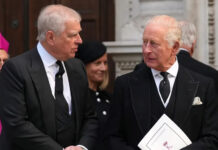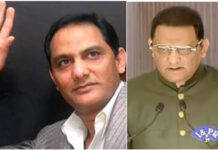Pakistan’s Supreme Court ordered Wednesday (1st) that elections must be held in two of the country’s four provinces within 90 days, despite the government stating that it lacks funds for the polls, Pakistani media reported.
A 5-judge bench headed by Chief Justice Umar Ata Bandial in a 3-2 split decision ordered elections in Punjab Province and Khyber Pakhtunkhwa Province.
Punjab is Pakistan’s largest province with 110 million of the country’s 214 million population (2017 estimate). Khyber Pakhtunkhwa in the country’s northwest has 35 million people and is the third largest province.
President Arif Alvi on February 21 unilaterally set a date for elections, after the Elections Commission of Pakistan failed to set a date following refusals by the Finance Ministry to provide funds for the election, and the Defense Ministry refused to provide security for the polls.
Ruling party politicians condemned the President’s action, with the Minister of the Interior, Minister of Defense, and Minister of Law issuing separate statements.
The Elections Commission of Pakistan says it needs 15 billion Pakistani rupees (USD 57 million) for the two provincial elections.
The Pakistani government is in deep financial trouble as it is heavily in debt to China and other global lenders, and has sought an emergency bailout from the International Monetary Fund (IMF). Skyrocketing inflation caused by financial instability has caused deep political instability.
The dramatic and unprecedented developments are the latest escalation of the power struggle between deposed Prime Minister Imran Khan’s hardline Pakistan Tehreek-e-Insaf (PTI) party and current Prime Minister Shehbaz Sharif’s moderate Pakistan Muslim League (PML-N). Khan, a global cricket star turned politician, was Prime Minister from 2018-2022, but was removed from office by a no-confidence motion in parliament last April and replaced by Sharif.
President Arif Alvi is a senior leader of Khan’s PTI party. Under Pakistan’s system of governance, the President is the ceremonial head of state with limited powers that include command of the armed forces, while the Prime Minister is the executive head of government.



